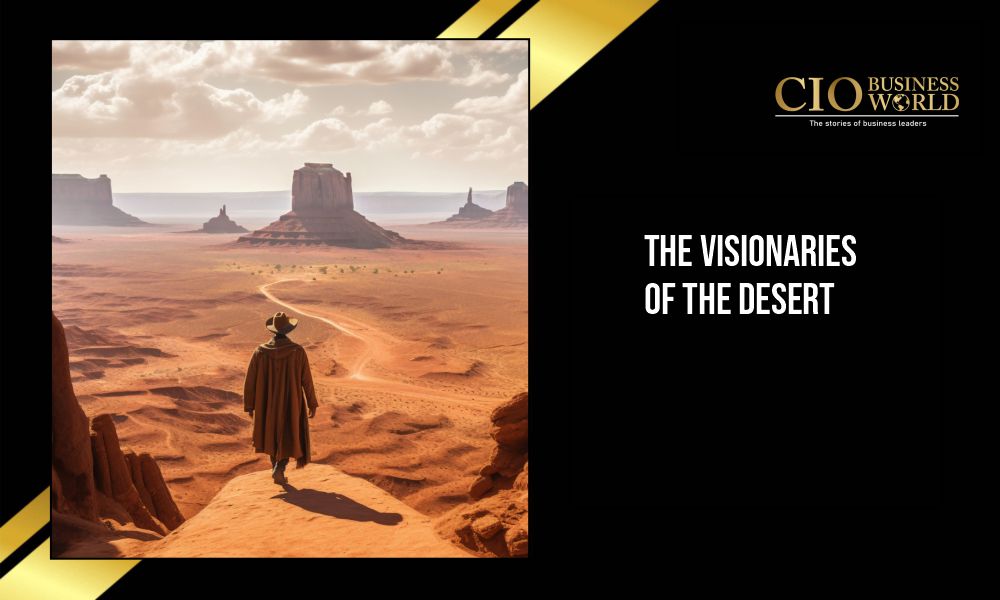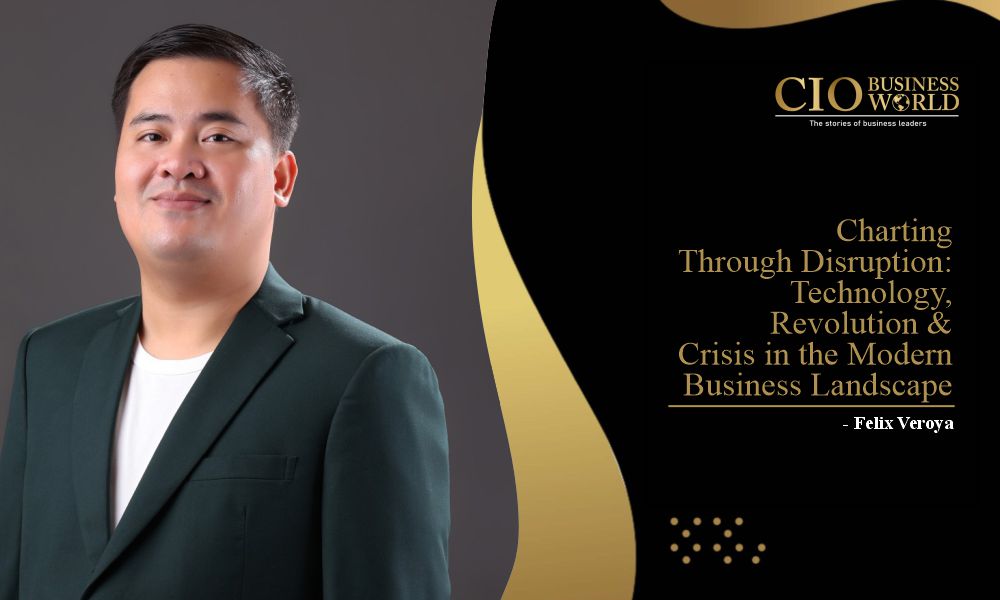Across the vast expanse of the Arabian Desert, a nation has emerged as a symbol of resilience, ambition, and vision. Saudi Arabia, with its rich heritage and forward-looking spirit, has been shaped by leaders whose distinct approaches to governance have collectively guided the Kingdom from tradition to transformation. The story of Saudi leadership is one of evolution where wisdom, foresight, and adaptability have intertwined to steer the nation toward a prosperous and influential future.
Foundations of Unity and Strength
The early era of Saudi leadership was defined by unification and stability. Leaders of the past laid the groundwork for a strong and cohesive nation, built on faith, unity, and shared purpose. Their leadership emphasized consolidation bringing together diverse tribes, regions, and traditions under a single national identity.
This foundational leadership was rooted in values of justice, faith, and service. It was a time when strength was measured not only by political authority but by the ability to inspire loyalty and create a sense of belonging among the people. The desert, vast and untamed, became a metaphor for the resilience of its leaders, those who understood that the true wealth of a nation lies in its unity and its people.
The Era of Modernization and Growth
As the Kingdom entered the modern age, leadership evolved to meet new challenges. The discovery of oil transformed Saudi Arabia into an economic powerhouse, and with it came a new phase of modernization. Leaders began to invest in infrastructure, education, and industry laying the foundations for the Kingdom’s global presence.
This generation of leadership focused on modernization while preserving cultural identity. They balanced progress with tradition, ensuring that development never came at the expense of heritage. The expansion of cities, the establishment of universities, and the building of international alliances reflected a leadership style characterized by pragmatism and vision.
These leaders understood that modernization was not just about economic growth, but about empowering citizens to contribute to a thriving and self-reliant nation. It was a time of construction of cities, of institutions, and of national confidence.
Transition to Global Leadership
In recent decades, Saudi Arabia’s leadership has undergone yet another transformation, one that reflects a global vision. The new era focuses on diversification, innovation, and sustainability. Leadership today embraces technology, entrepreneurship, and global partnerships as essential elements of progress.
While earlier leaders focused on unity and development, contemporary leadership is driven by transformation. The goal is not only to sustain national prosperity but to redefine the Kingdom’s role in the international arena. The vision guiding this new phase of leadership aims to position Saudi Arabia as a hub of innovation, culture, and global influence.
This shift represents a change in style as much as in strategy. Today’s leadership combines youthful energy with bold decision-making, prioritizing transparency, empowerment, and long-term sustainability. Initiatives in renewable energy, tourism, education reform, and digital transformation are evidence of a leadership philosophy that looks beyond the horizon, one that envisions Saudi Arabia as a leader in global progress.
Differences in Leadership Across Generations
The journey of Saudi leadership is marked by contrasts that together tell a story of evolution rather than change. The early leadership was foundational focused on unity, faith, and survival. Mid-century leadership was transformational, emphasizing modernization and stability. Today’s leadership is visionary, characterized by diversification, technology, and global engagement.
Each generation faced unique challenges: the task of unification, the demands of modernization, and now the expectations of global competitiveness. Yet, the essence of Saudi leadership has remained constantly anchored in service to the people and dedication to the nation’s sovereignty and growth.
These differences also reveal the adaptability and strength of leadership in the Kingdom. Where earlier leaders led through tradition and tribal diplomacy, modern leaders govern through strategy, innovation, and global dialogue. The ability to adapt while preserving national identity defines the success of Saudi leadership across eras.
Leadership Rooted in Vision and Values
The leadership of Saudi Arabia has always been guided by a moral compass grounded in faith, justice, and service. Even as the nation strides toward modernization and global prominence, these values remain at the heart of governance.
The visionary leaders of the desert understand that progress is sustainable only when rooted in identity. Whether leading through times of consolidation or transformation, Saudi leadership continues to blend tradition with ambition, ensuring that every step toward progress honors the nation’s cultural and spiritual foundations.
Today, leadership in the Kingdom is not limited to governance; it is about shaping mindsets, empowering youth, and fostering creativity. The focus has shifted toward building human capital, nurturing innovation, and preparing future generations to lead with confidence and competence.
A Unified Vision for the Future
Saudi Arabia’s leaders, past and present, share a single dream to build a nation that stands tall in the global arena while remaining true to its heritage. From the early visionaries who unified the desert tribes to the modern reformers who redefined its economic and social landscape, each leader has contributed to a story of resilience and renewal.
The desert that once symbolized endurance now represents an opportunity, a canvas upon which the nation’s future is being drawn with courage and creativity. The visionaries of the desert have shown that leadership is not bound by time; it is defined by purpose, conviction, and the ability to see beyond the horizon.
As Saudi Arabia moves forward, it carries the legacy of its past and the promise of its future. Its leaders continue to prove that true vision lies not only in building a strong nation but in inspiring generations to dream, to innovate, and to serve with pride.









